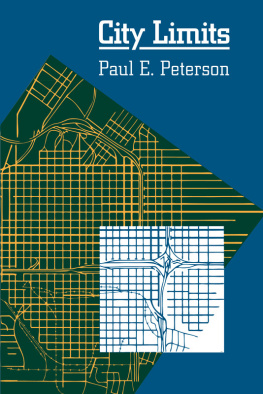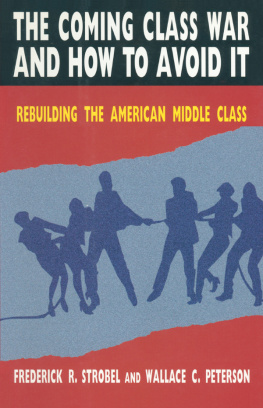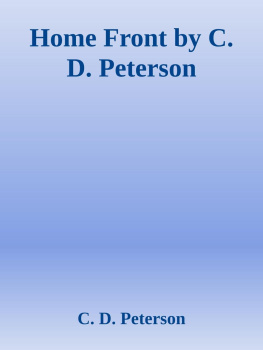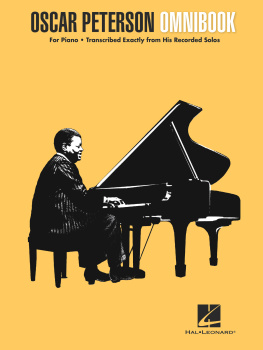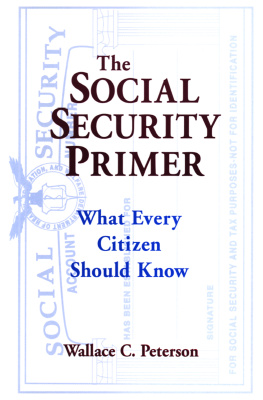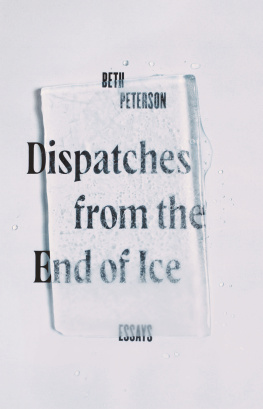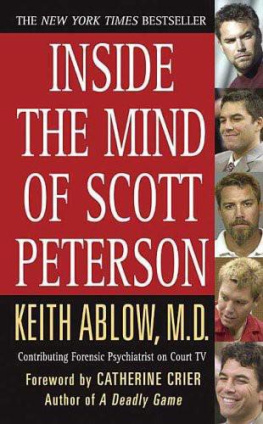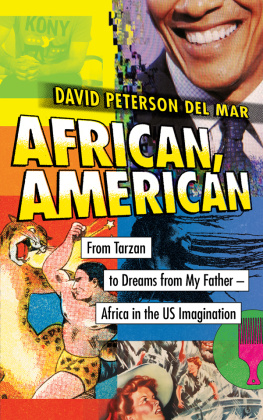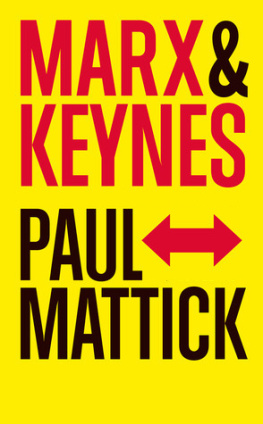The University of Chicago Press, Chicago 60637
The University of Chicago Press, Ltd., London
1981 by The University of Chicago
All rights reserved. Published 1981
Printed in the United States of America
16 15 14 13 12 11 10 09 | 08 10 11 12 13 14 |
ISBN-13: 978-0-226-66293-0 (paper)
ISBN-10: 0-226-66293-4 (paper)
ISBN-13: 978-0-226-92264-5 (e-book)
Library of Congress Cataloging-in-Publication Data
Peterson, Paul E
City Limits.
Bibliography: p.
Includes index.
1. Municipal governmentUnited States.
2. Federal-city relationsUnited States.
I. Title.
| JS341.P47 320.80973 | 80-29043 |
| ISBN: 0-226-66293-4 (pbk.) | AACR1 |

The paper used in this publication meets the minimum requirements of the American National Standard for Information SciencesPermanence of Paper for Printed Library Materials, ANSI Z39.48-1992.
Of the prewar work on local government, only that of Harold Gosnell, and perhaps of Charles Merriam, still merits examination even by specialists. But for a short generation after World War II the study of local government was able to transcend its traditional concern with administrative efficiency and structural reforms and consider questions of central concern to industrial democracies. Not only did Robert Dahl, Edward Banfield, Morton Grodzins, and Norton Long lend their prestige to this new field of study, but it was in large measure through the examination of local political life that they gained their professional ascendancy. A second generation of scholars, including James Wilson, Nelson Polsby, Aaron Wildavsky, and Theodore Lowi, then paved the trail that their seniors had prepared. Urban politics became a mainstay of the professional panels of the American Political Science Association and its regional affiliates. Departments added courses in urban politics and local government. New graduates found exceptional opportunities in what came to be the fastest growing segment of the discipline.
The issues which dominated the study of urban politics were central to political science as a whole. Who had power? In what sense were cities democratic? How could the public interest be secured? What were the political relationships among social classes? What was the significance of ethnic politics? Could race conflict be managed more peacefully in this century than in the last? Political scientists did not answer these questions, but they at least addressed them, and in so doing gave vitality to the study of local politics.
It is now clear that these days have passed. Urban political analysis has been removed once again to the periphery of the political science discipline. The field must struggle to gain representation on professional panels, course offerings in the area have peaked, and its attraction to graduate students has begun to wane. Although scapegoats can be found, one need look no further for an explanation than the fields own loss of intellectual vitality. Academic courtesies are such that colleagues refrain from saying plainly to local government specialists that the leaders of this academic empire have no clothes, but their nonverbal behavior speaks as clearly as any small boys remarks. Yet my metaphor is misplaced, for emperors no longer can be found nor are there claimants to the throne. Instead, a multiplicity of feudal barons each encapsulated in remote and insignificant provinces till fields of little concern to the larger world. We no longer have students of urban politics. Instead there are specialists in transportation, health, education, welfare, housing, and all the other departments of local government. More than that, there are specialists in all the aspects of minority politics: black politics, Chicano politics, Puerto Rican politics, and Native American politics. One also can find experts in local referenda, local courts, local taxation, local expenditures, local bureaucracies, and municipal unions. And then there are the geographical experts: the students of suburbia, of the central city, of Western cities, of the South, and especially of New York City. There is no harm in these specialties; on the contrary unless one knows well some things in particular, one is not likely to say anything much in general. But the hope remains that it might somehow be possible for urbanists of the eighties to address the central concerns of political life with the vigor and conviction with which it was possible to address them two decades earlier.
I have spoken thus far about the center of the discipline, that large body of practical scholarship which is not particularly reflective about its philosophical underpinnings or ideological thrust. This mainstream is not exceptionally fastidious about justifying its research topics, its techniques of analysis, or the policy implications of its findings, because its work is sanctioned by the century-long practices of the social science professions. Some may call it positivist, but the fact-value distinction is honored more in the breach than in the observance. It probably is more correct to call these social scientists pragmatists, because their normative assertions usually depend on values and judgments which themselves require justification. And it must not be forgotten that the social sciences as a whole, and political science in particular, budded in the self-conscious pragmatism of the Progressive era. If contemporary scholars find much about the Progressives that they dislike, their passion for discerning the mistakes of those early reformers only betrays their own ultimate dependence on these same pragmatist values and beliefs.
Such pragmatist scholarship is so suited to American political theory and practice that it will long remain the dominant center of the intellectual work of the countrys scholarly community. At least I hope that to be so. But at those moments when the pragmatist tradition loses its intellectual lan, it becomes particularly susceptible to onslaughts from the more ideologically atuned and philosophically self-conscious tribunes of the right and the left. And so it is not surprising that the forces driving the study of urban politics in the late seventies and early eighties are the utilitarians, masquerading as welfare economists, on one side, and structural Marxists, on the other. Both perspectives speak to crucial problems at the heart of urban politics, and both speak with a certainty that compels attention in what otherwise is an aimless drift.
Welfare economists approach the study of politics armed with all the powerful assumptions of neoclassical economics. The components of the system are individuals; each is a rational, value-maximizing voter-consumer; the political market is more or less competitive; and except for stipulated restrictions, outcomes are the product of strategic interactions in an utterly fluid political game. With a sincere conviction that outsiders can only admire, many of these analysts are able to state what should be the range of responsibilities assumed by the government; significantly enough, their comparative standpoint is the perfectly competitive market-place which God has yet to devise. Still others are able to concoct solutions to racial and ethnic conflict, a favorite proposal being racial homogeneity in decentralized settings where differing tastes can be satisfied in mutually isolated settings. The power and daring with which these Pareto-optimal individualists discern solutions to central problems commands respectincreasingly so when the disciplinary center is unable to propose alternatives.
 The paper used in this publication meets the minimum requirements of the American National Standard for Information SciencesPermanence of Paper for Printed Library Materials, ANSI Z39.48-1992.
The paper used in this publication meets the minimum requirements of the American National Standard for Information SciencesPermanence of Paper for Printed Library Materials, ANSI Z39.48-1992.

